Fleet Management, Director, Mike Bradshaw chaired the UK Chamber of Shipping’s Safety Culture Conference, Newcastle, on 13-14 May 2025. Mike shares his learnings on how the industry can drive much needed progress on seafarer safety and wellbeing across the industry.
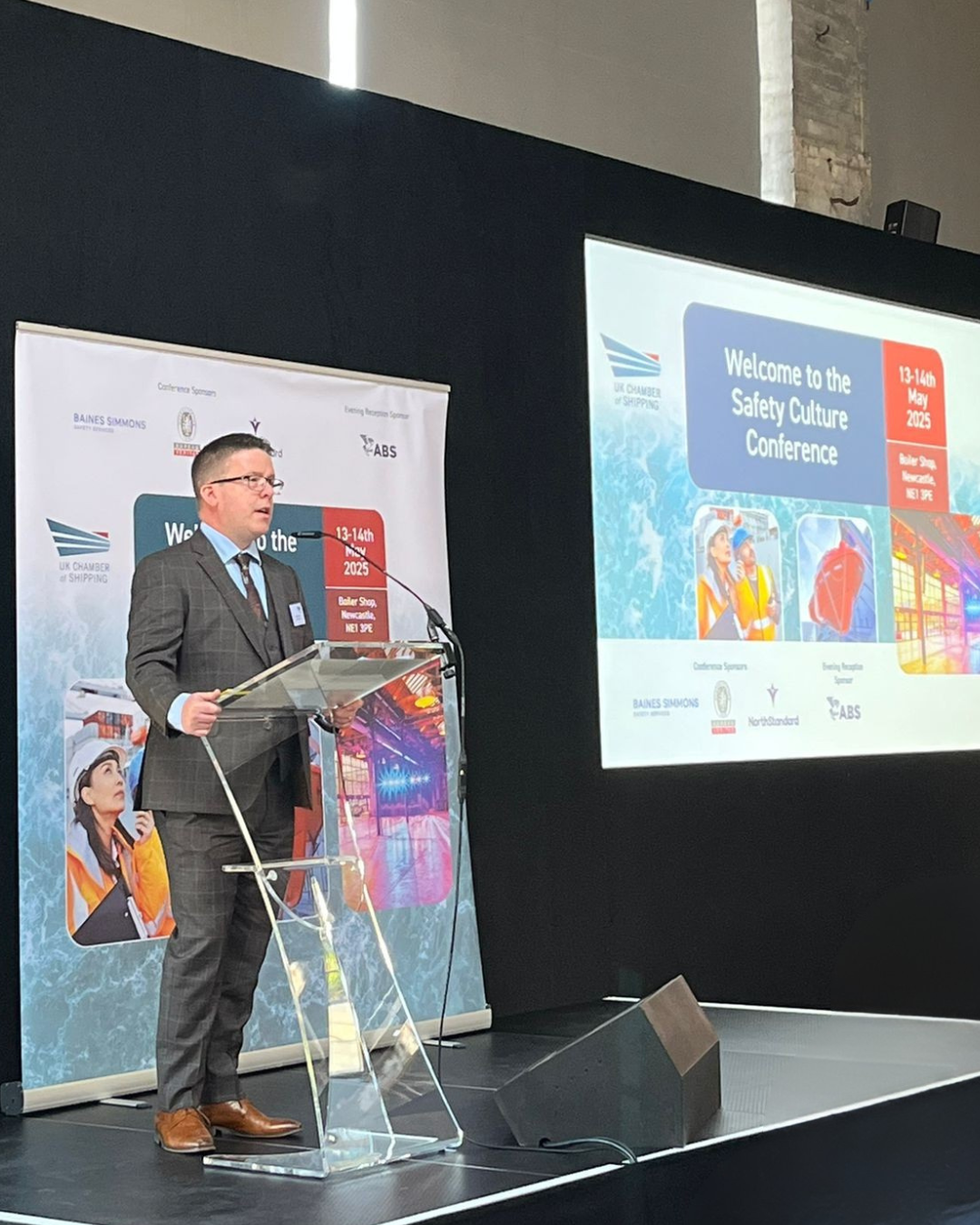
At Fleet Management, we have always believed that safety is not just a set of rules, it is something you practise, learn from, and live every day. That is why I found this year’s Safety Culture Conference in Newcastle so valuable. The theme, ‘Building a Culture that Learns and Lasts” struck right at the heart of what we need in our industry right now.
The message was consistent throughout: lasting safety does not come from more procedures or stricter enforcement, it comes from organisations that are built to learn from success, from failure, and from each other. As one speaker put it, “We don’t have an incident problem, we have a learning problem” and that starts with how we design our culture.
What Keeps the Tower Standing?
Safety performance coach, Gareth Lock, opened the floor with one of the most interactive sessions I have seen. He initiated a simple tower-building activity using bricks that somehow managed to capture the fragility of our day-to-day operations. It was a powerful.
It was the perfect setup for a wider conversation on human factors, the ability to speak up, question decisions, and reflect honestly on what’s working and what is not, is what keeps us safe, that is where short debriefs come in.
Erik Green, Managing Director, Green-Jakobsen, spoke about how teams can improve dramatically through team-learning just by taking two to four minutes after a task, to debrief and to ask:
- What did we do well, and need to do more of?
- What didn’t we do well, and what can we improve for next time?
It is such a small habit, but it creates space for learning. If high-performing sports teams rely on it, why wouldn’t we? Sharing learning builds a common understanding, which strengthens situational awareness. True learning happens in context – performance shifts when teams and circumstances change.
A Just and Fair Culture, Not a Blame Culture
Another theme that resonated throughout the day was the need for fairness in how we respond to undesired events, one session focused on the difference between errors, mistakes, and violations and how our response must differ. There is no training for genuine unintended errors, mistakes can be avoided through better education, but deliberate violations need accountability.
Too often, we treat them all the same and that is how you end up with a culture of silence, where people don’t report issues for fear of consequences. Psychologist James Reason famously said we have a “delicious appetite for blame”, and unfortunately it still lingers in some parts of our industry.
One of the presenters made a fascinating suggestion: what if we made the Senior Auditor the company’s Chief Learning Officer? It’s a simple idea with huge impact, shifting audits from being about ‘catching people out’ to being about shared insight and growth.
It is also why I’m wary of companies that state “zero accident” goals without the cultural foundation and leadership behaviours to support them, sometimes a push for zero only reporting of bad news underground. We need to be building trust, not hiding the truth, so how we respond as leaders really matters.
Familiarisation, Reflection, and the Human Cost
When I spoke about the UK Chamber of Shipping’s familiarisation workstream, it was with a real sense of urgency. Too many new joiners are left to figure things out on their own and that uncertainty can be dangerous. Giving people clarity and consistency from day one isn’t a luxury; it is a safety measure.
A moment that really hit hard came from Andrew Moll at the MAIB reminded us that in abandonment cases, survival rates are very low; statistically 50% of crew survive vessel abandonment situations. And the reasons? Not using immersion suits properly, being unfamiliar with donning instructions. So, when we visit our vessels and witness the crew conduct their drills, we have a duty of care to ensure they are equally familiar with lifejacket and immersion suit procedures. Deficiencies raised in this area through PSC inspections are not trivial matters, they are potentially life-threatening.
Safety culture isn’t something you write in a manual or a poster on the wall, It is what happens in the small decisions, the quiet reflections, the open conversations. It is how we show up every day in the engine room, on the bridge, in the office.
This conference didn’t offer easy answers, but it did offer a challenge: to think differently to shift from reacting to learning, from silence to sharing, and from rules to reflection. That is the kind of culture that lasts.
At Fleet Management, we are committed to that shift. Because safety isn’t static, it is something we build, together.

.jpeg)
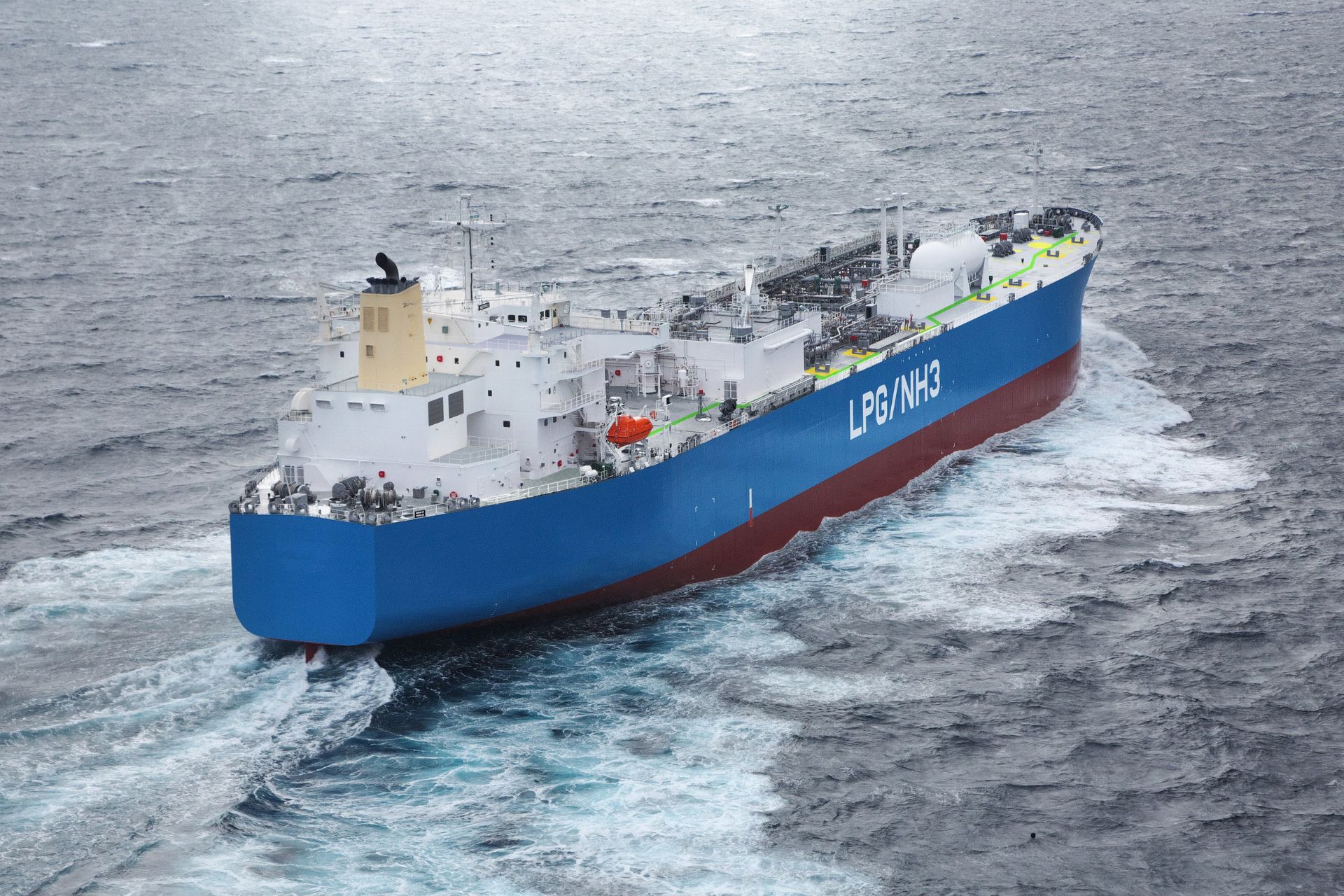


.jpeg)
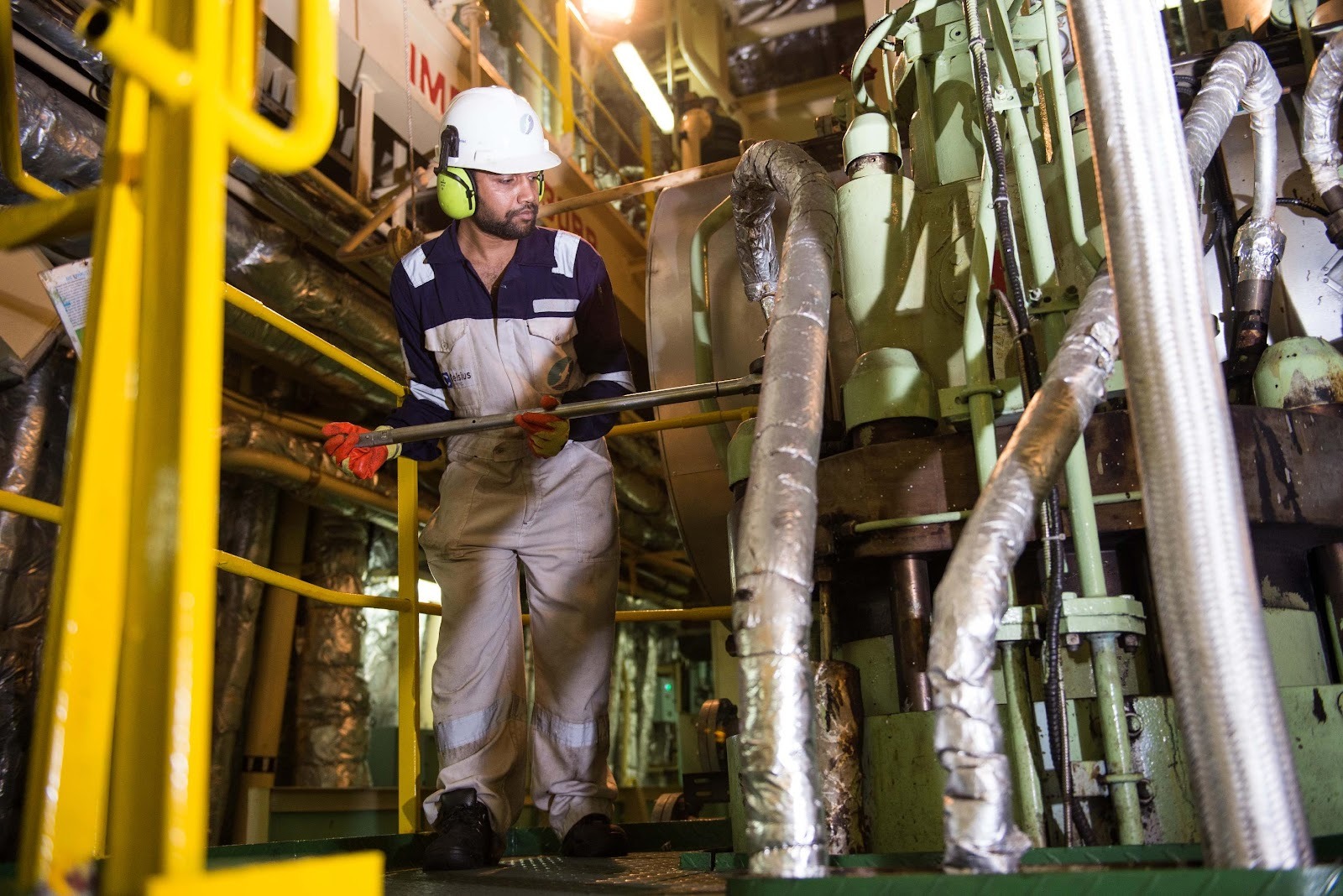



.png)

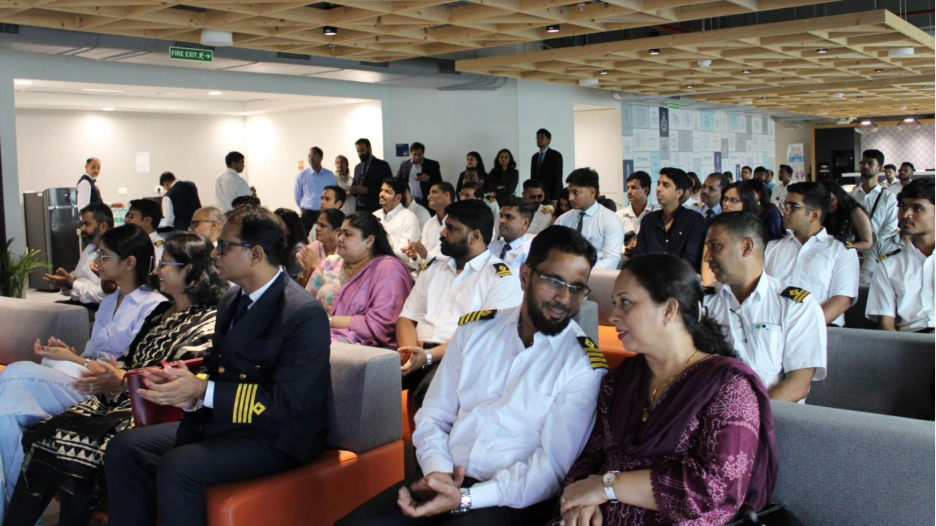



-min.png)

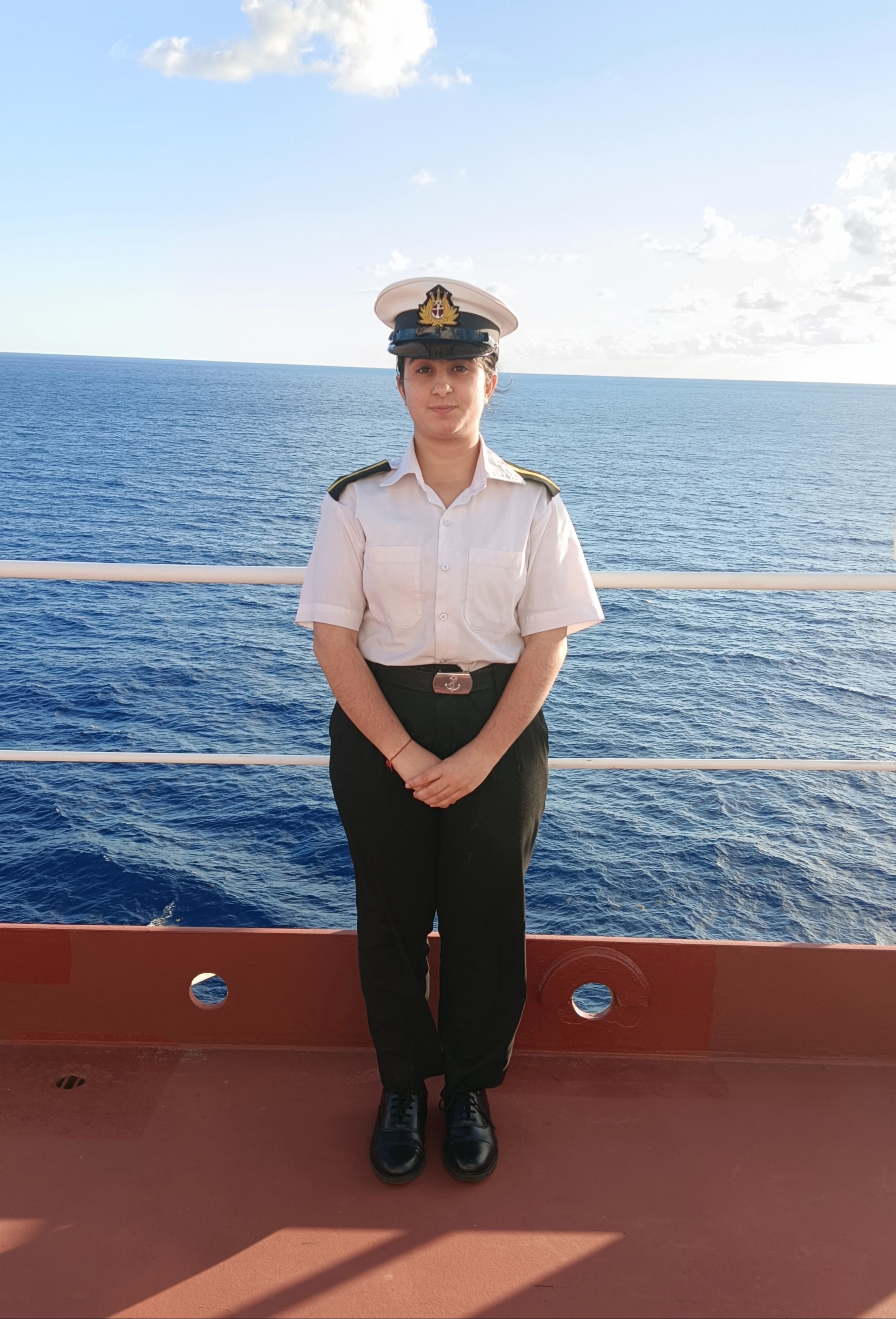








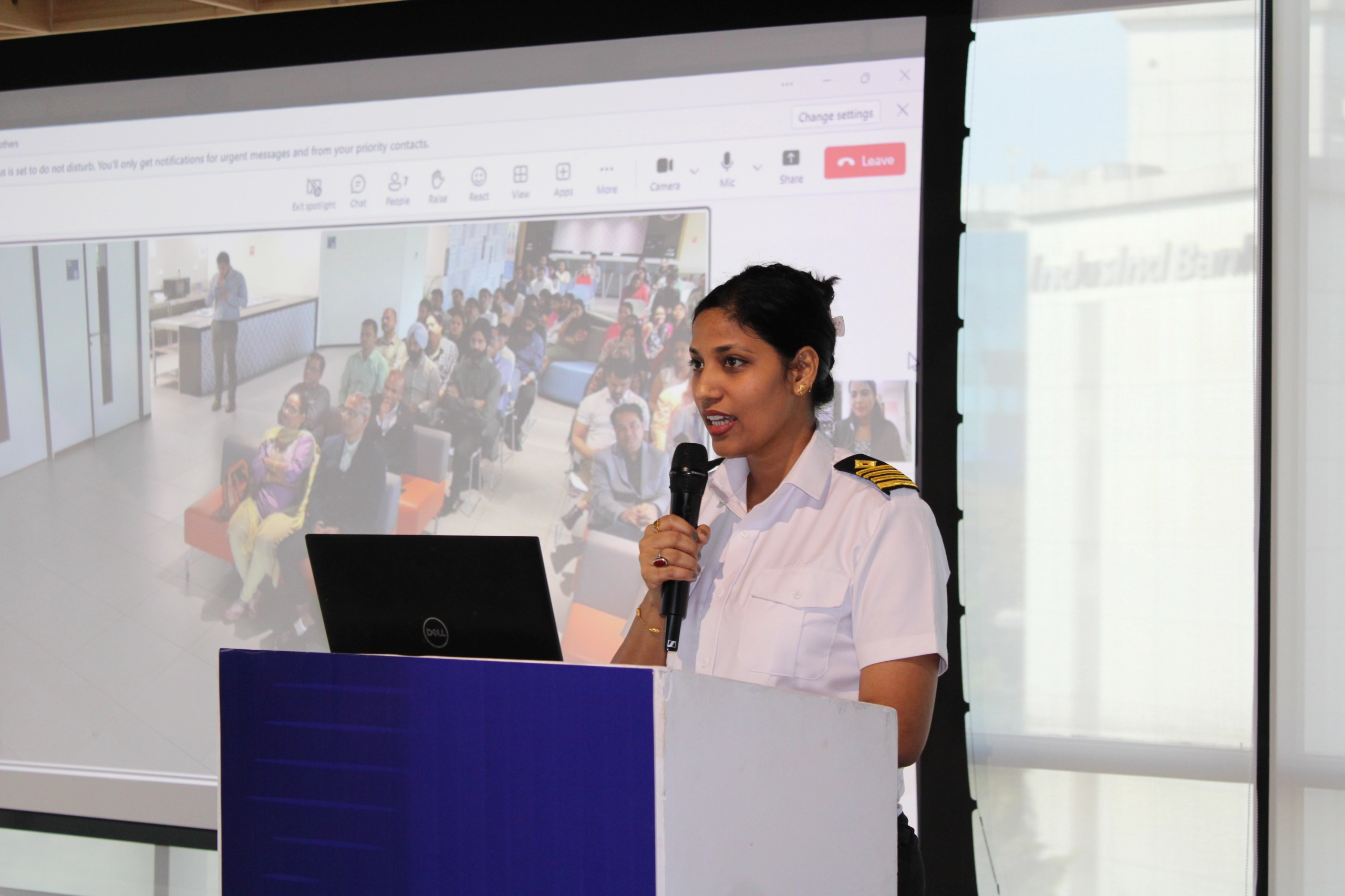






.svg)